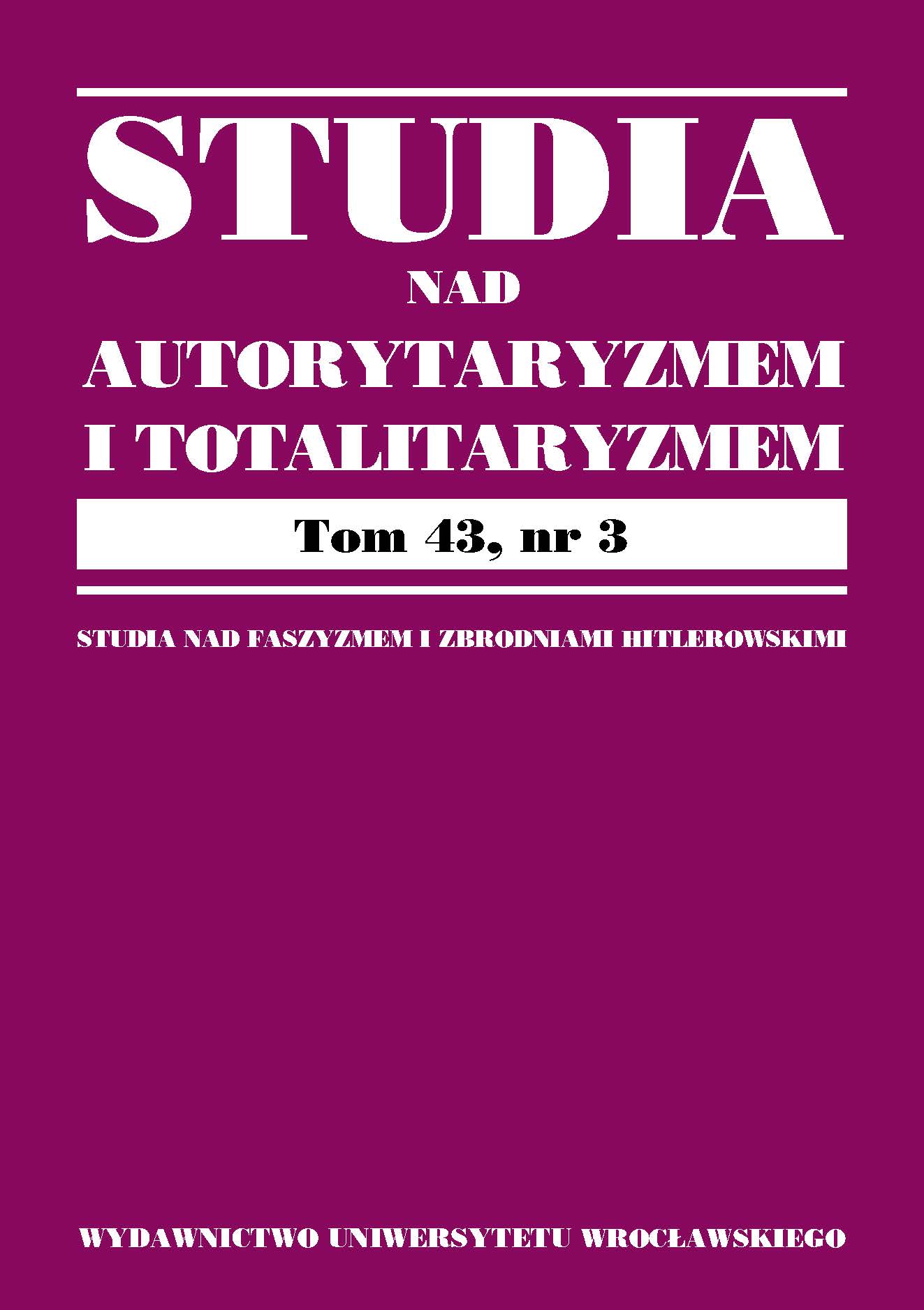

Artykuły

Although writ proceedings in the Polish civil proceedings have been in operation since the beginning of the modern Polish civil process, there are still controversies in the aspect of fairly structured court proceedings. The defendant may be convinced that their procedural rights have been violated. It is a consequence of considering the case without prior notification of the defendant about the initiation of the proceedings. In such an approach, the judiciary may be perceived as not respecting the standards of a democratic state ruled by law. At the same time, to be closer to the notions of a totalitarian or authoritarian state, because it is not the procedural rights of an individual that are primary, but the effectiveness of the authorities’ actions. However, the concerns about the order for payment mechanism are unfounded as long as the model in which the order for payment is applied complies with the necessary requirements. First, the public authority deciding the case should have the attribute of impartiality. It is not necessary that payment orders are issued by a court. However, if the case is not heard by the court, the judicial control of such decisions is necessary. Second, the evidence should not be assessed. The presentation of specific evidence may, however, be a necessary condition for issuing an order for payment. The issue of the public body examining cases is related to the issue of evidentiary proceedings. These two elements define the nature of the order for payment by defining a procedure model. Finally, it should be pointed out that the order mechanism in a democratic state ruled by law should only supplement the examination of cases in ordinary proceedings (or separate proceedings distinguished by the party types). If the number of cases examined in separate proceedings is significant, and even more so if this way of dealing with cases prevails, ordinary proceedings may be merely an illusion. If in a significant number of cases simplified procedures leading to issuing an order for payment are applied, procedural guarantees related only to ordinary proceedings are irrelevant in such cases.